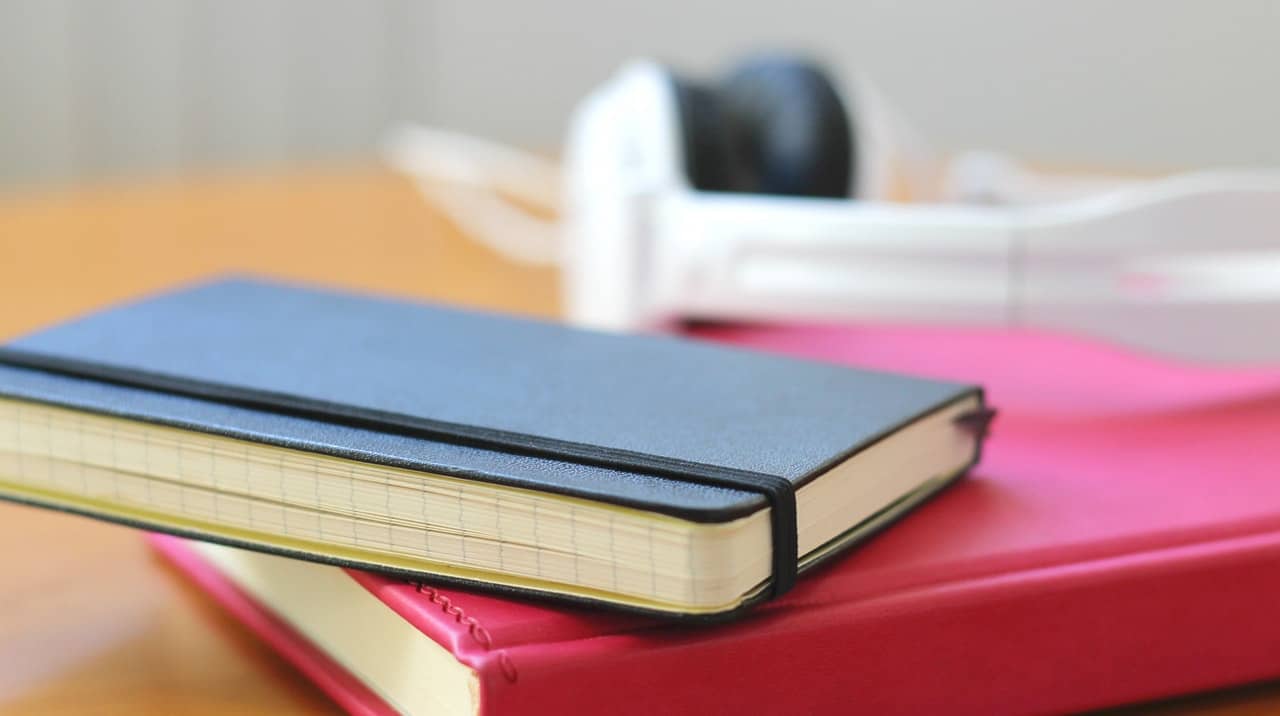Creative writing is a craft of using language in original and bold ways. It is considered to be any writing, poetry, fiction or non-fiction that goes outside the bounds of normal professional, academic, journalistic and technical forms of literature. It has so many genres and sub-genres that they deserve a whole section of an article for themselves.
Creative writing can either follow a certain set of rules or break them all. That’s why many students like it. Some do creative writing as a fun hobby. Others find it a vital way of expressing themselves. Many students write essays only because it’s part of their homework. But every group benefits from creative writing. Regular practice bears fruit far beyond the academic field. This type of activity correlates with essential aspects and skills of our lives.
1. Writing And Motivation
Motivation is the primary driver of productivity. Without it, you have no real appeal.
Goals should be motivating. A person should get some value after the accomplishment. [pullquote]If there’s little or no interest in the result or the goal is irrelevant to the larger perspective, then the chances of its achievement are slim.[/pullquote]
Write down your daily achievements, even the smallest ones. When motivation fades, rereading what has already been done can keep it flying high. You’ll feel more fruitful, inspired, and have a deeper sense of meaning in your studies.
What is more, writing itself can be your goal and the source of income. As the students who were good at creative writing launched EssayService website selling academic papers, you can start a blog or work as a tutor.
Creative writing helps to clarify the purpose and meaning of your goals. It improves positive emotion which is associated with the movement towards important objectives. It also reduces uncertainty and doubts that lead to lack of meaning, hopelessness, and despair. Writing promotes more active thinking, stimulating mental processes.
IMAGE: PEXELS
2. Writing And Health
Student’s life can be hectic and stressful with deadlines and professors’ unrealistic expectations. One of the major benefits of creative writing is the writer’s emotional well-being. The therapeutic value of creative activities has been proven by a number of studies. Making specific, causal conclusions about life’s important events may reduce the burden of uncertainty and threat that may remain emotionally active years after a traumatic event occurred.
Students can be skeptical about these findings. Even if they like writing, it can be more stressful than anything else. However, regular writing practice changes the views of even the most doubtful individuals. Some admit that their mood improves. And their family and friends notice that.
It’s useful to spend 15-20 minutes every morning or night recording the things that stress one out. It shouldn’t be a structured narration, but rather a stream of consciousness. Such writing activity can relieve the anxiety allowing a person to start a new day with a clean slate. This exercise is a brief and easy-accessible method to escape from everyone and everything. Sometimes we need a short rest in order to maintain productivity when we return to our responsibilities.
3. Writing And Fruitfulness
A large number of researchers are dedicated to a theory of goal-setting and task performance. In one study, university students were asked to imagine either passing an exam successfully or the process they needed to follow to get a good grade. Some participants recorded their imaginings. [pullquote]At the test, students who were involved in process-visualization outperformed those who only imagined the positive result.[/pullquote]
The act of recording a goal in handwriting makes it real and tangible. It leaves no room for excuses. It’s better to use the verb “will” instead of “might” or “would like to”. For example, “I will write my research paper by Friday”, not “I would like to write my research paper by Friday.” The first statement sounds more powerful and passionate. It gives more chances of completing the paper.
A very useful way of making goals even more strong is to use the SMART mnemonic. You have probably heard of it already. But everyone can use a refresher course every now and again. While there are plenty of variants, SMART usually stands for:
- Be clear on what you want to reach. A vague purpose doesn’t provide a sufficient strategy of attainment.
- Include precise dates and amounts of work so you can track your progress.
- Outline the steps you need to take to achieve it.
- The goal should relate to your life and career direction. This way, you will work towards your major priorities and won’t waste your time for inconsistent goals.
- Time Bound. Your goals must have a deadline.
When putting the goals on paper, one should consider the things that will inspire to bring them to life.
4. Writing And Brain Work
Students happen to face situations when they cannot settle down to their homework. For some reason, the brain does not work productively. That’s because it needs a warm-up exercise.
Performing a short writing assignment can hit the ground running. It doesn’t have to be an assigned essay. It can be a random topic or an issue from a quick Google search for “daily writing prompts”. Getting the gears spinning shakes the brain gray matter to good working order.
Creative writing influences different mental processes. It’s beneficial for the next skills:
Communication
In an era or information technology revolution, when texting and tweeting are the main means of communication, many students find that their mental vocabularies are falling in favor of creative ways to shrink thoughts into as few words and characters as possible. Writing involves constructing strong arguments and looking for the best words to present it.
Critical Thinking
Creative writing encourages the students to think out-of-the-box, thus helping them develop critical thinking. They apply reasoning and logic to new or unfamiliar ideas, opinions, and situations.
Problem-Solving
In the writing process, an author uses creativity to develop new ideas and solutions to problems, increasing problem-solving skills.
Analytical Thinking
Creative writing involves gathering information, articulating various thoughts, visualizing and solving complex problems.
A fluency in creative writing helps to focus on the next advantage of this craft.
5. Writing And Self-Growth
Creative writing is an effective tool for transformative and deep self-reflection. Keeping a journal just for a few weeks can enhance self-awareness greatly. [pullquote]Without an opportunity to allow ourselves be authentic and vulnerable we lose a lot of personal growth opportunities that creative writing provides.[/pullquote] Since the journal is a private safe place, voicing the ideas and thoughts can be confident and honest.
It’s helpful to read the entries for the previous month and spot recurring decisions, patterns of thinking, and behavior. If the same worries pop up every day, they need to be addressed and stopped from weighing on the writer. For example, if every entry begins with self-criticism, a person should change the attitude toward oneself. It can be done with positive affirmations and practising self-love through yoga or meditation.
Creative writing also adds up to growing as a writer. It’s a tool for training of writing skills, challenging assumptions, and finding one’s authentic voice. Whether it’s fiction, poetry or non-fiction creative writing, it’s a document that represents your thoughts and feelings in the linguistic tools you have chosen. It helps you grow both as a person and a writer.
Even if you don’t plan to be a writer, don’t toss writing aside your daily routine. It can improve your life. Just choose the genre you like most. You can write essays, short stories or even a novel for pleasure. Or fill Julia Cameron’s Morning Pages to tune in for the day ahead. Or keep a journal to understand yourself better. Remember that creative writing gives more than you expect.
Author Bio: Michelle Brooks is the editor at EssayService blog and the independent writer specializing in education, lifestyle, and entrepreneurship. She is never against discussing art, literature, and psychology.
For more writing-related articles and information from us here at Bit Rebels, click here!


COMMENTS